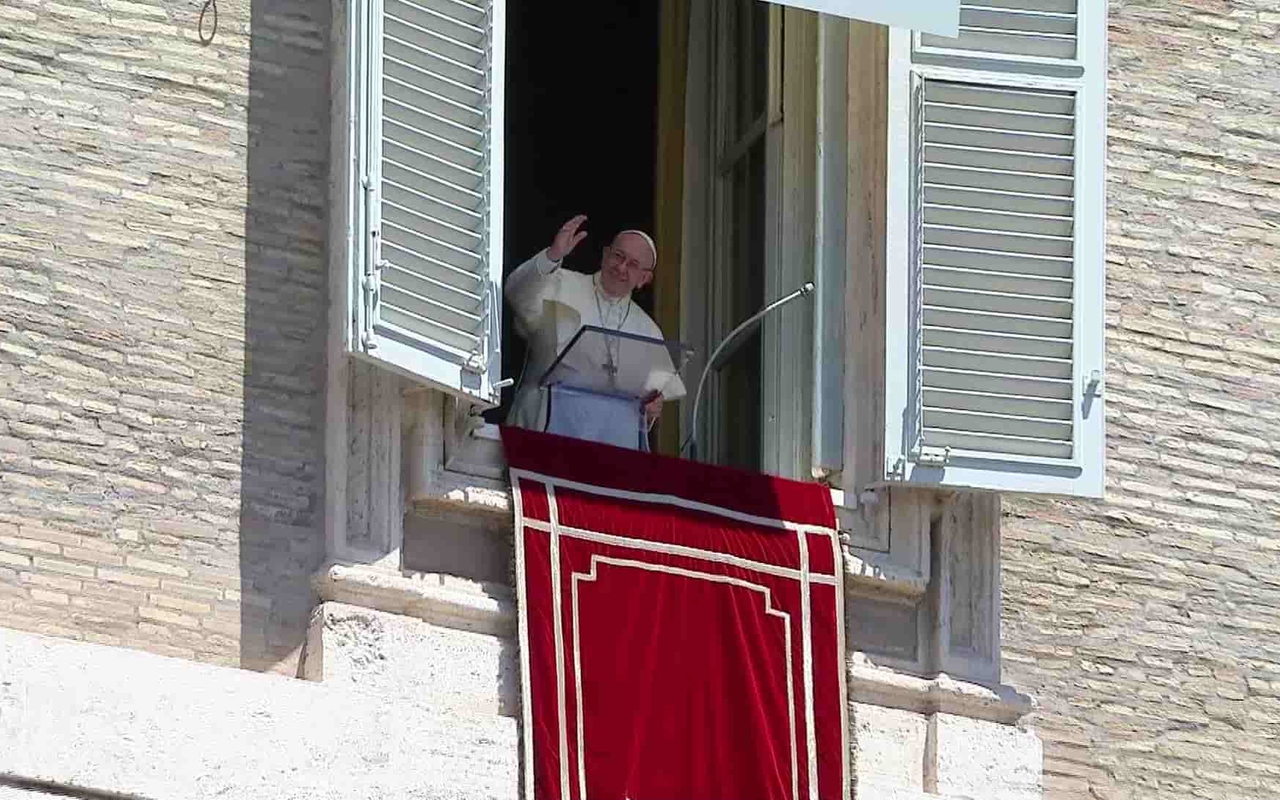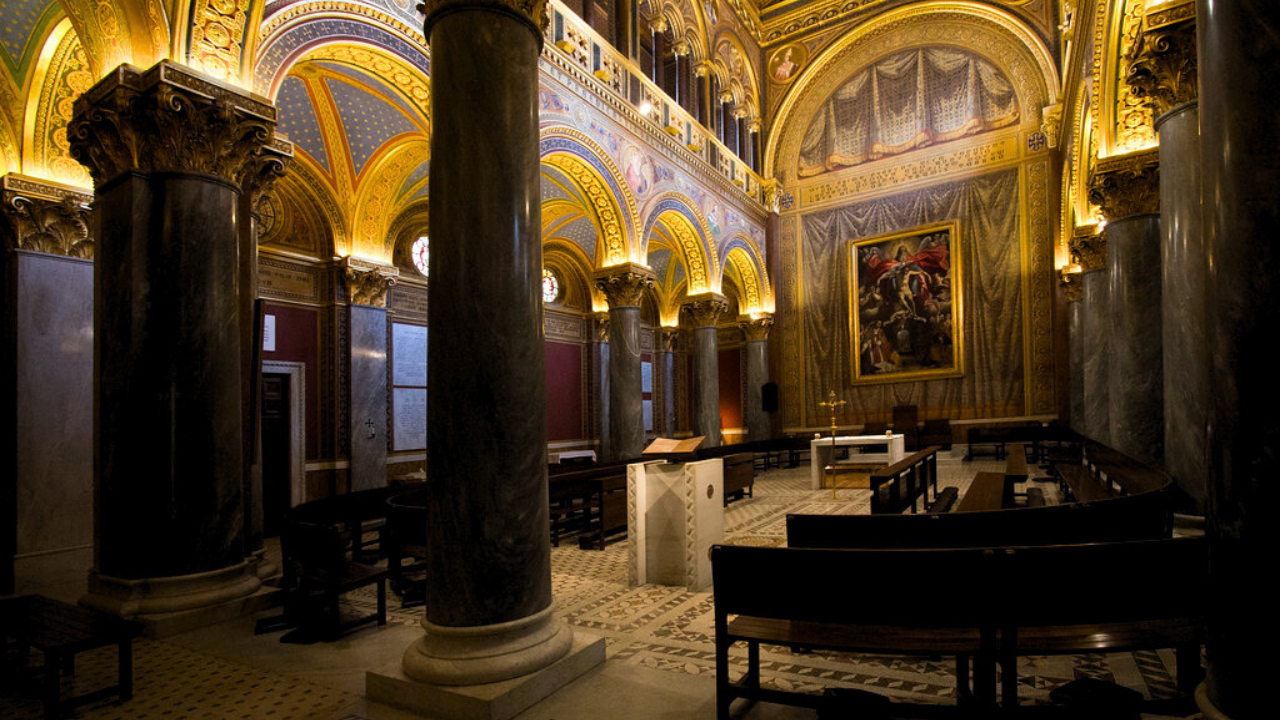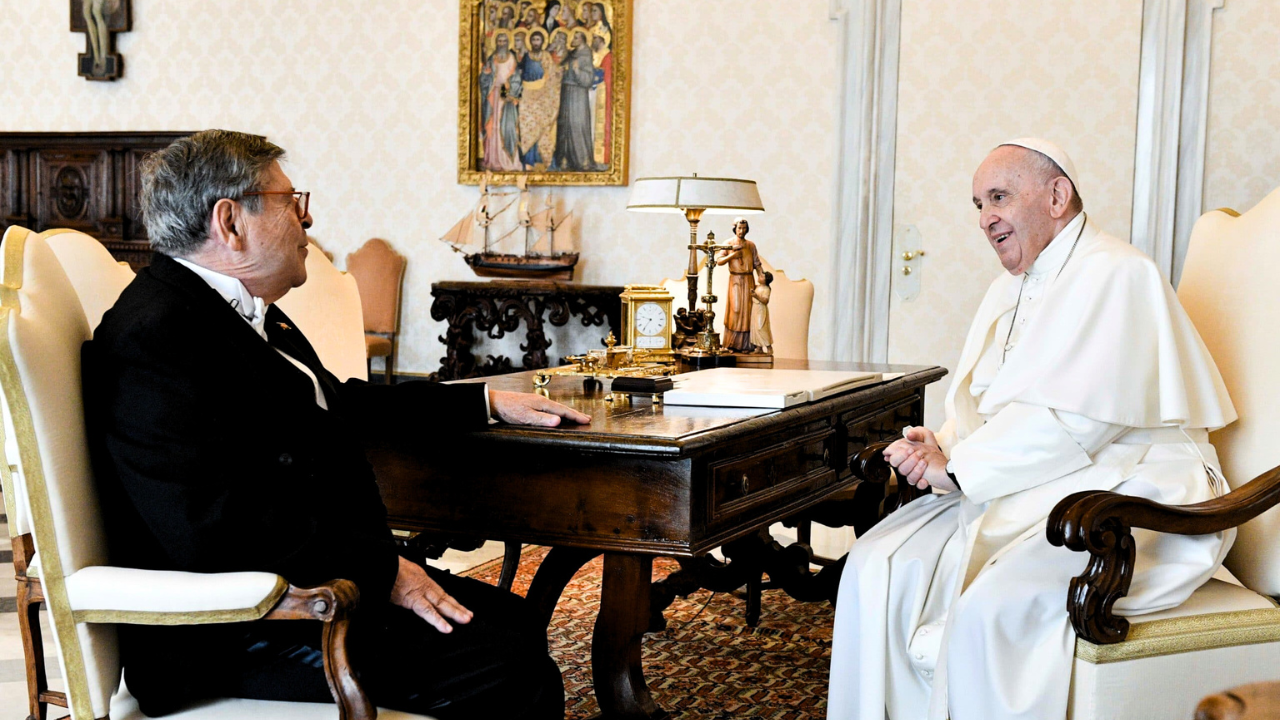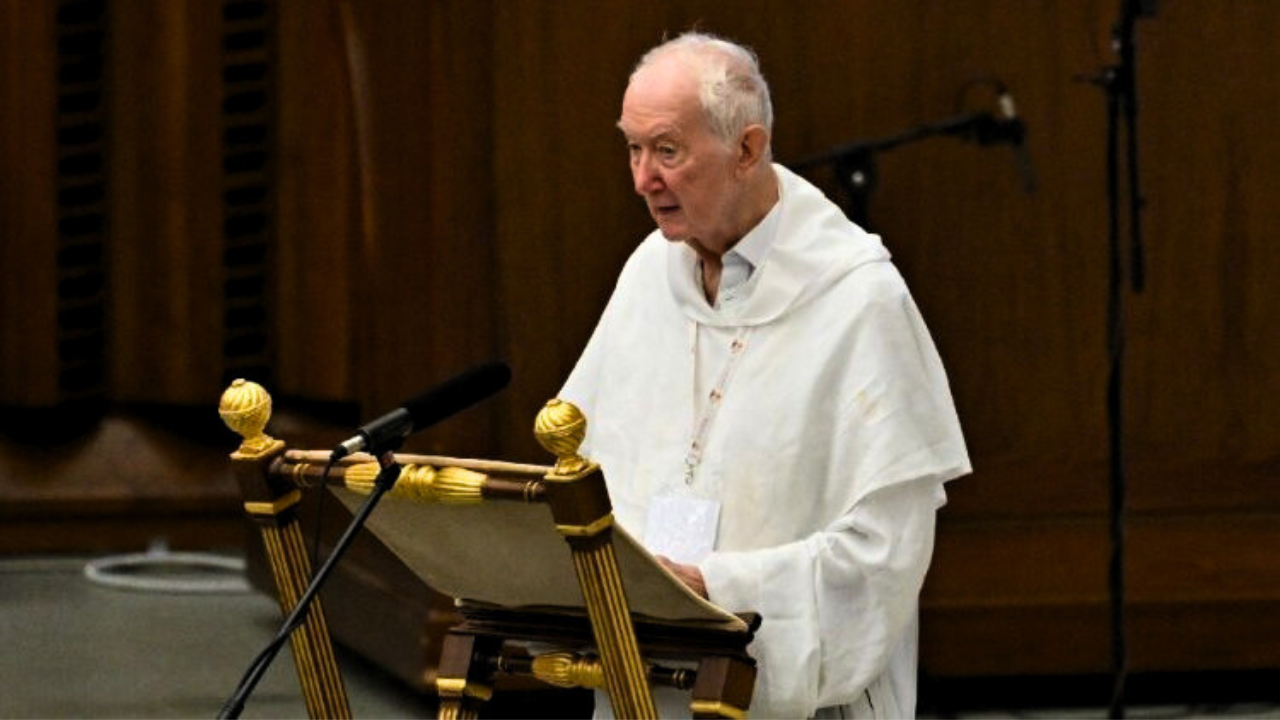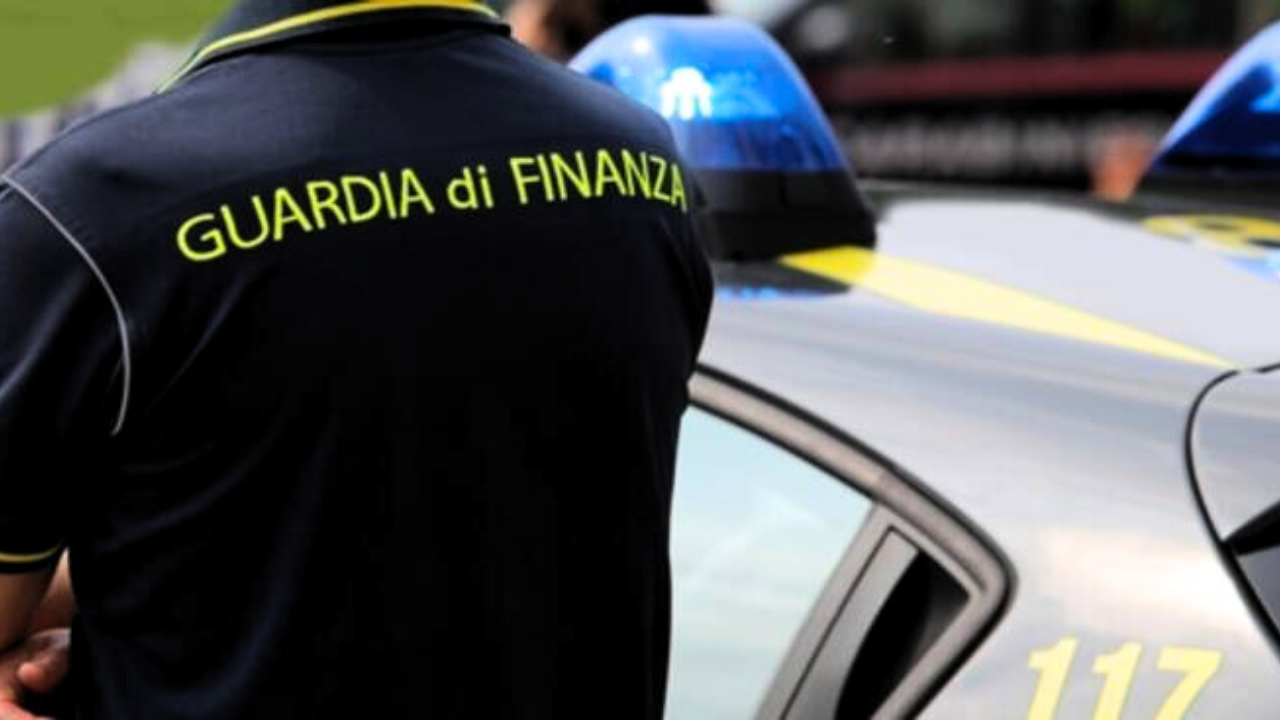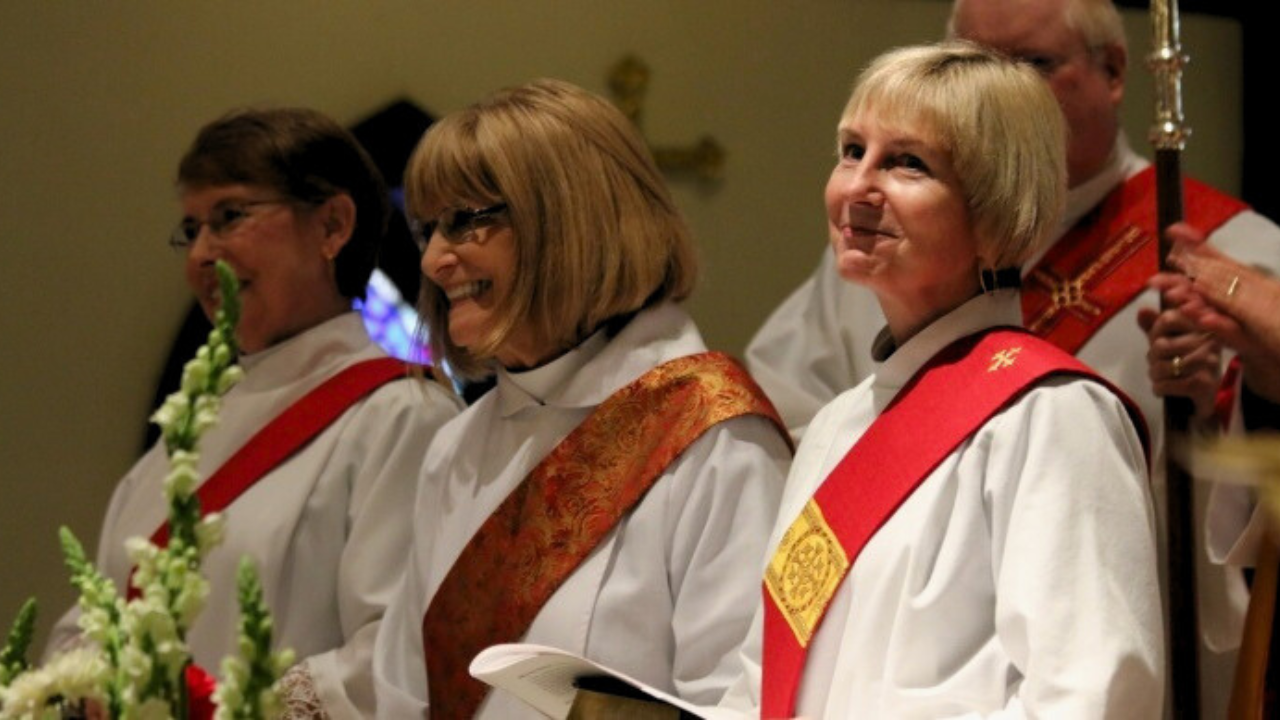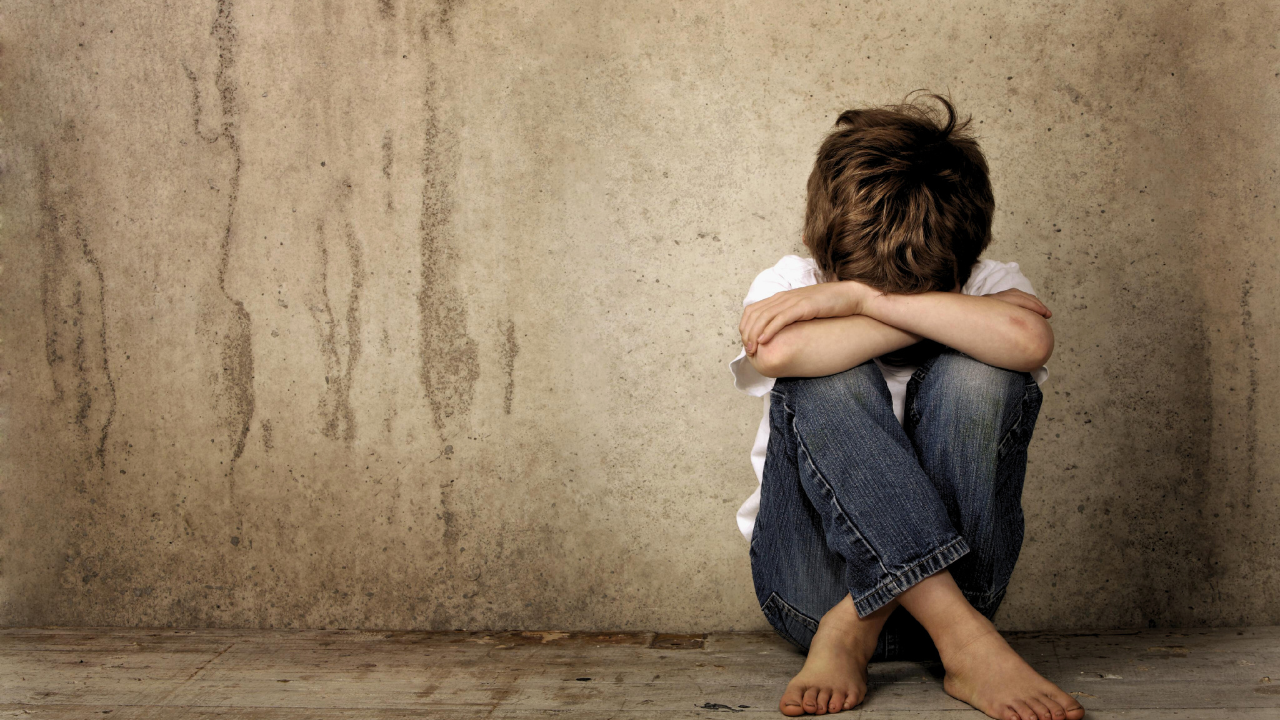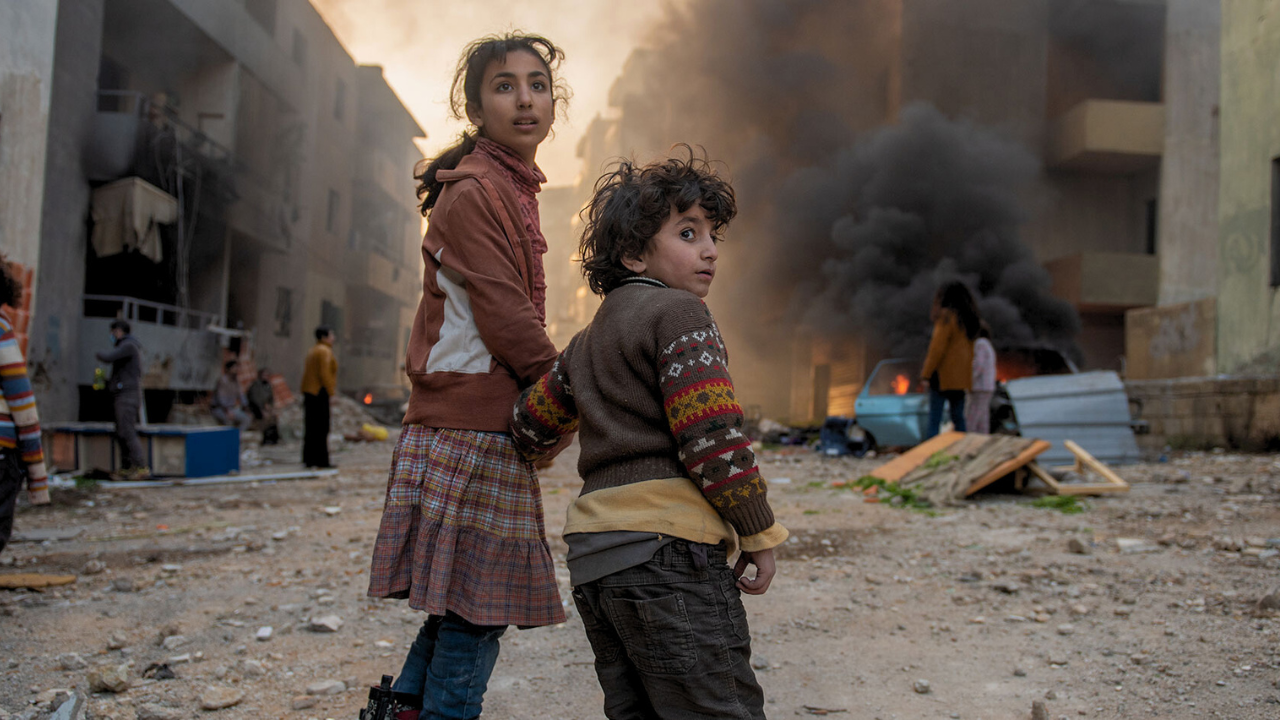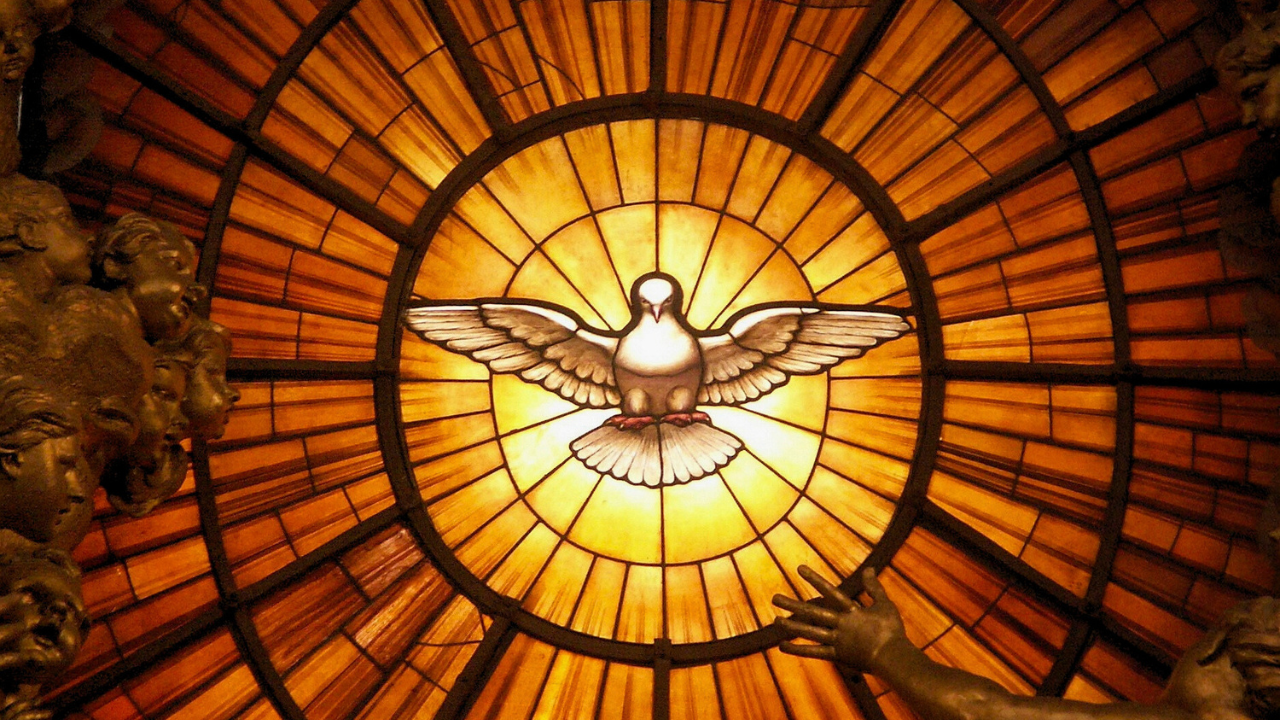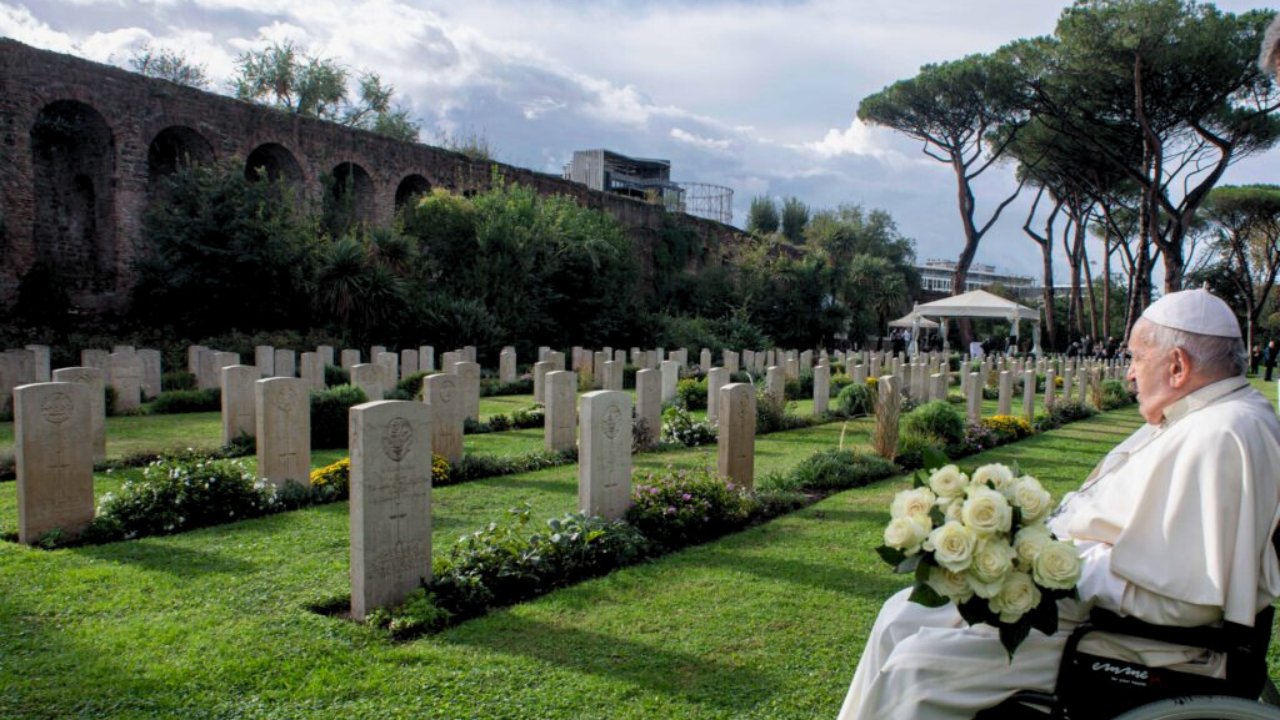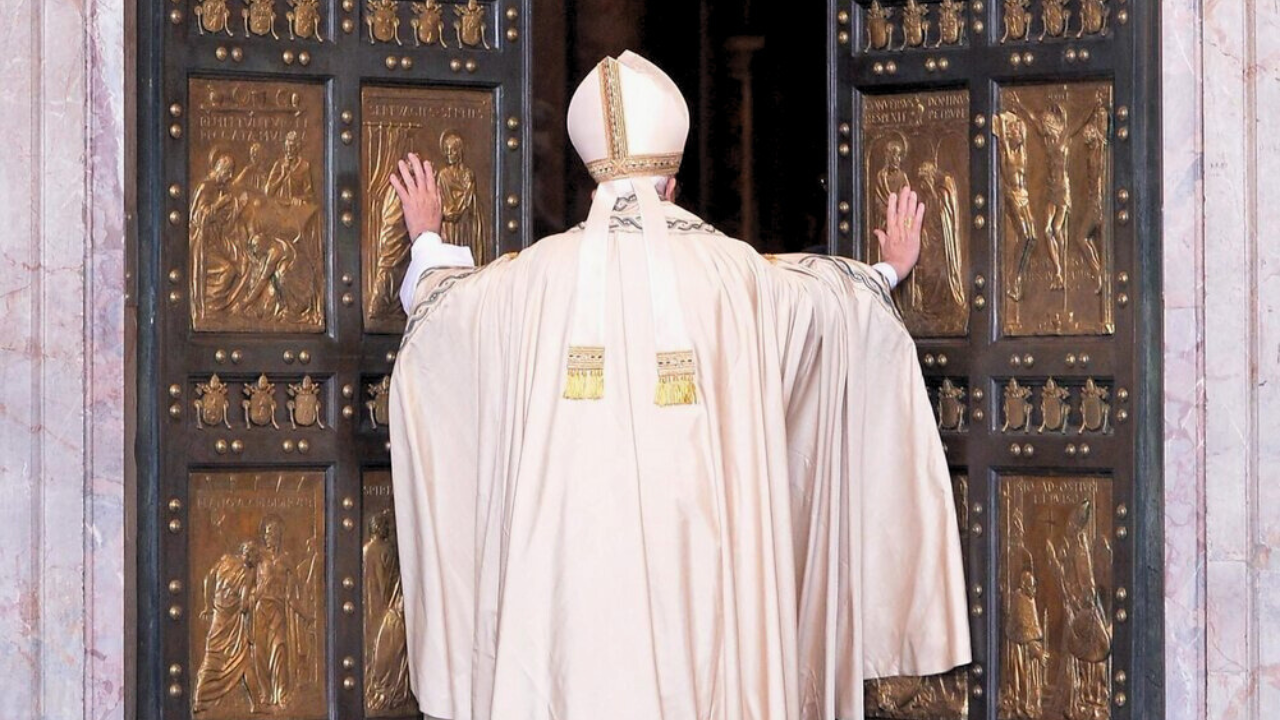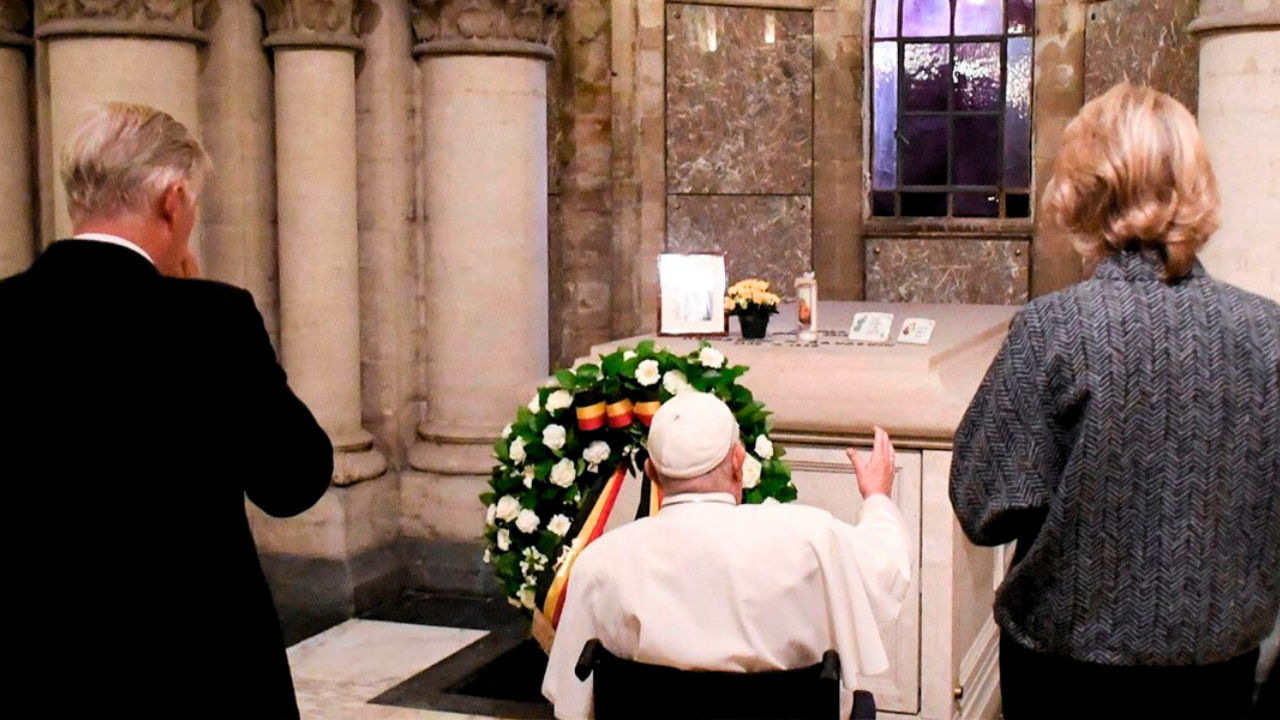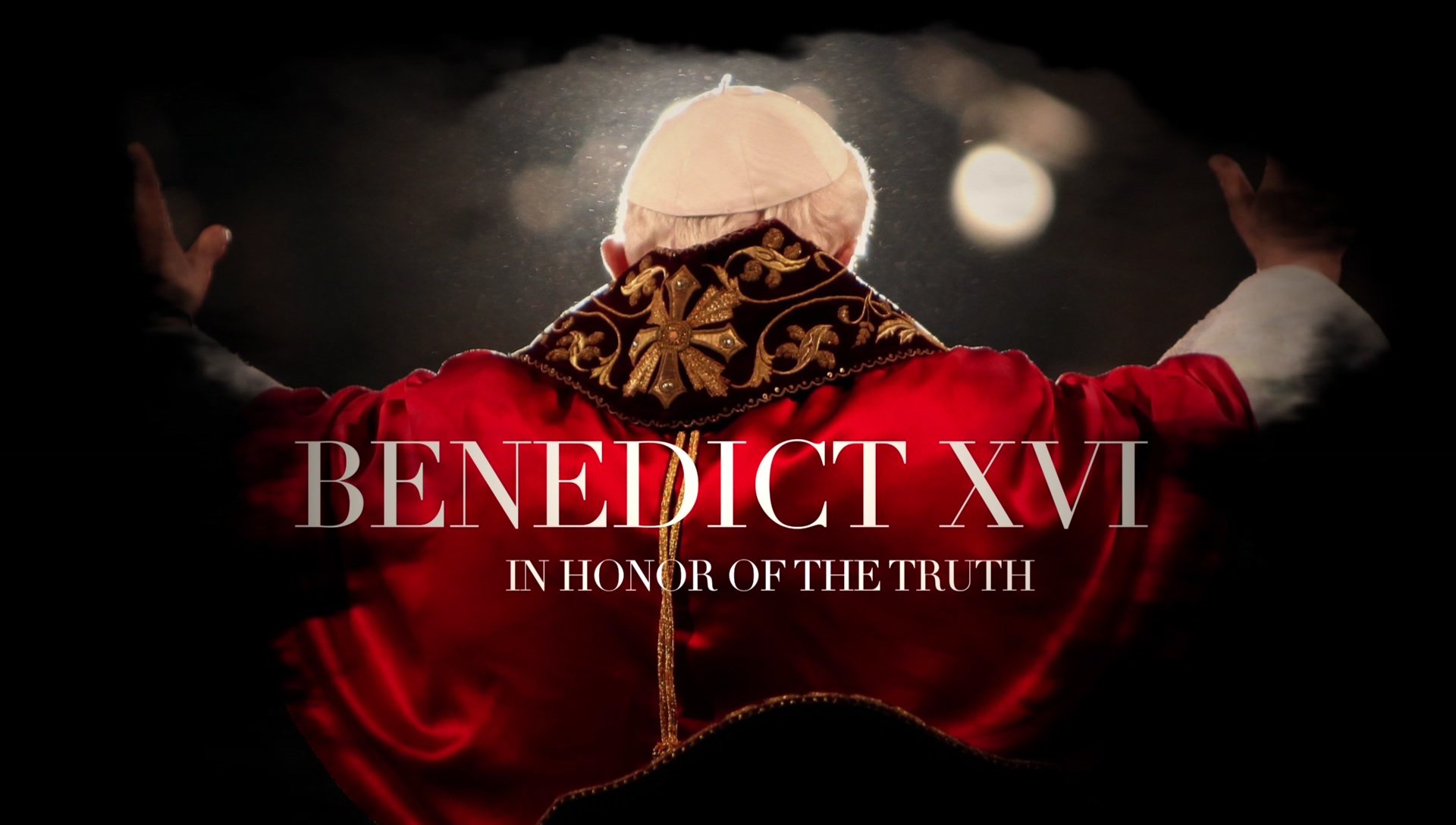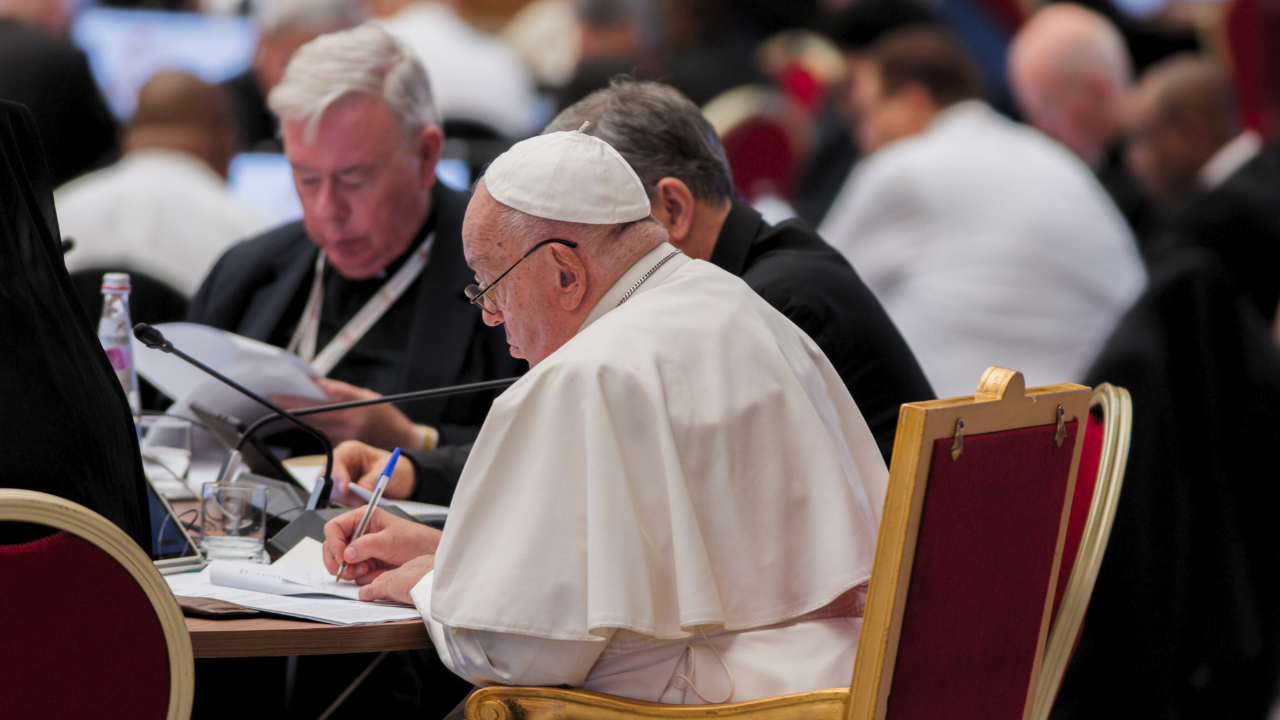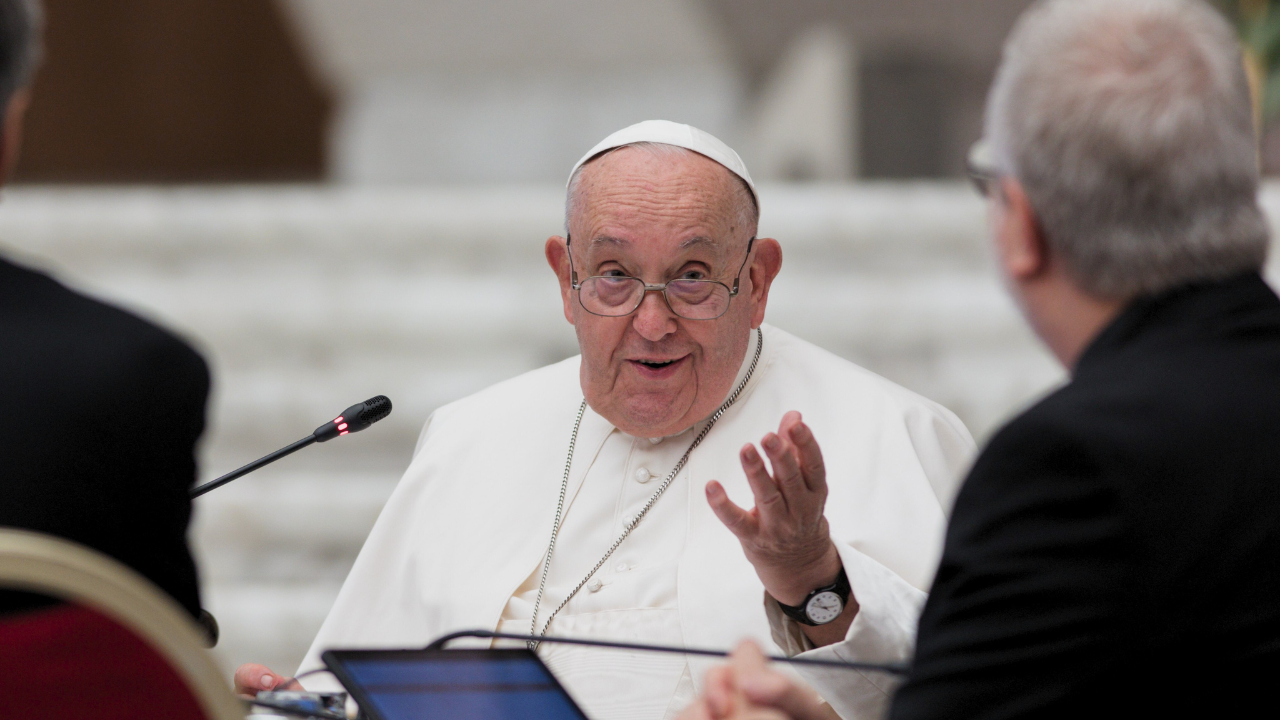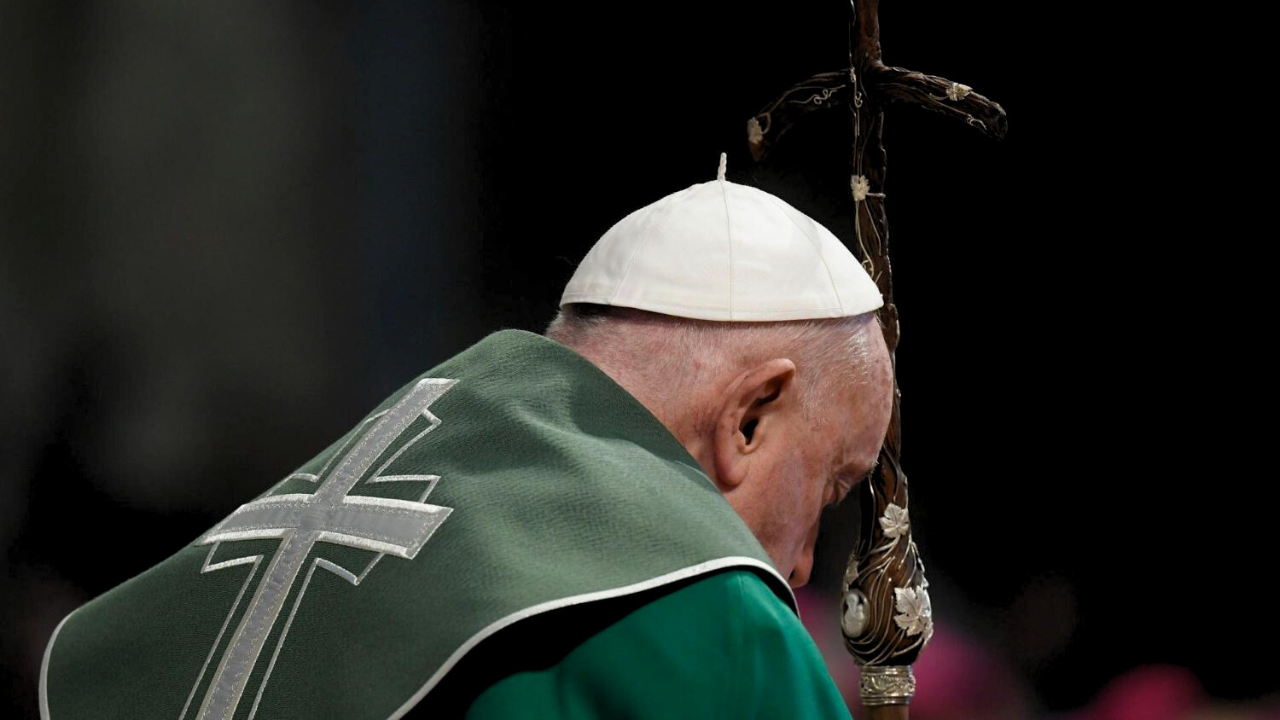Historians and archaeologists from universities in France, the United States and Iraq will gather in Rome to present scientific research on the presence of the first Christians in the Mediterranean and Asia. The goal is to separate legend from reality
FR. BERNARD ARDURA
President, Pontifical Committee for Historical Sciences
“The objective is not to come up with a list of conclusions. What we want is to provide a space for researchers of various disciplines who have acquired knowledge that wasn't available 20, 30, 40 years ago.”
Experts studied documents and relics from different parts of the world. From traces of the Apostle Thomas' evangelization in India, to relics of St. Martha believed to be in Tarascon, France.
FR. BERNARD ARDURA
President, Pontifical Committee for Historical Sciences
“Some years ago we could have called this impossible. How could relics make it all the way from Palestine to southern France? Now we know that there were ship routes thanks to the Roman Empire's extraordinary organization. We'll have experts who will talk about these relics. I don't know whether they're authentic or not, but they at least testify to the Christian presence.”
It won't be a conference to see what scientific evidence the relics provide, nor to study how the Church developed at the institutional level. The goal is to see what historical evidence exists about the expansion of Christianity.
It will also be an important occasion to open a dialogue between the Vatican and non-Catholic scientific experts. Something the Pope has asked event organizers to focus on.
JRB
TR: CT
VM
